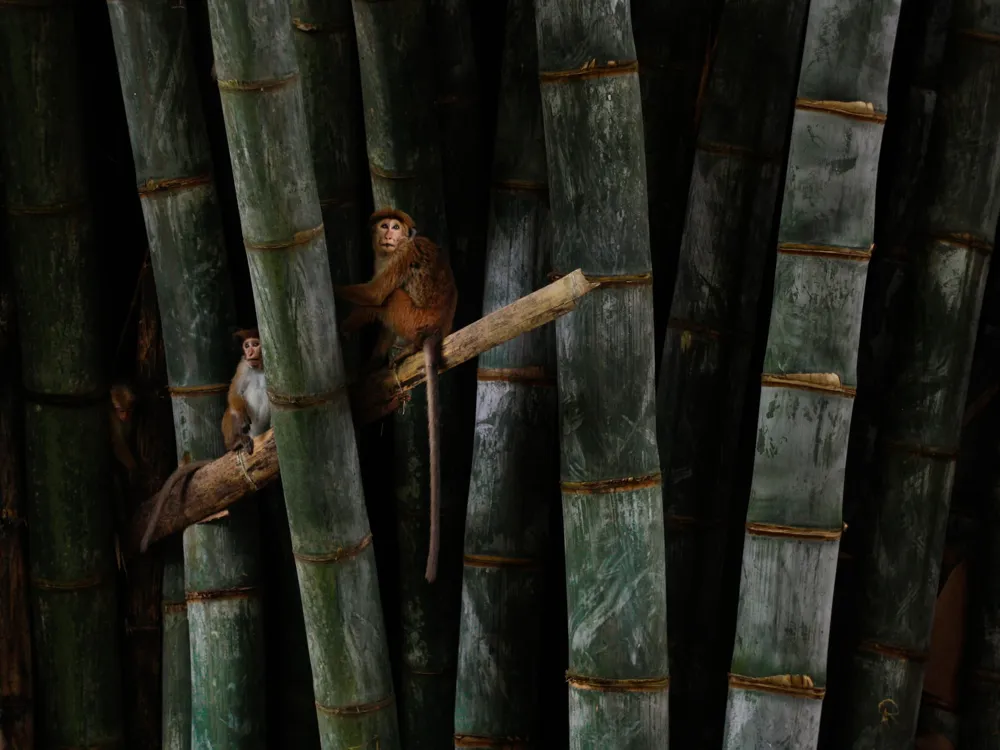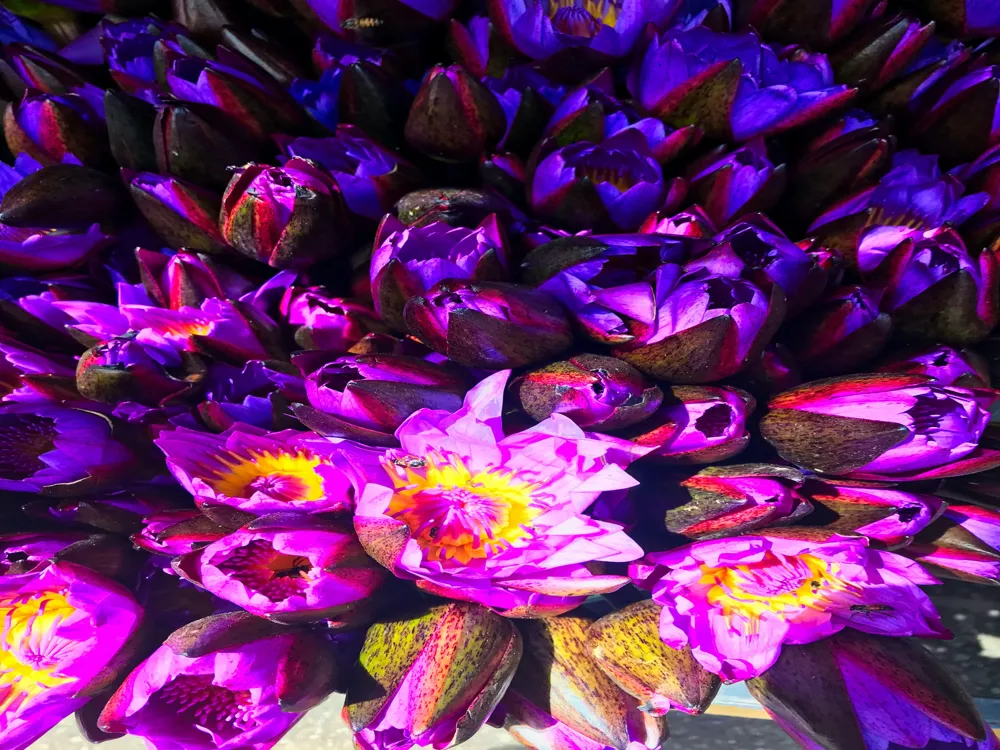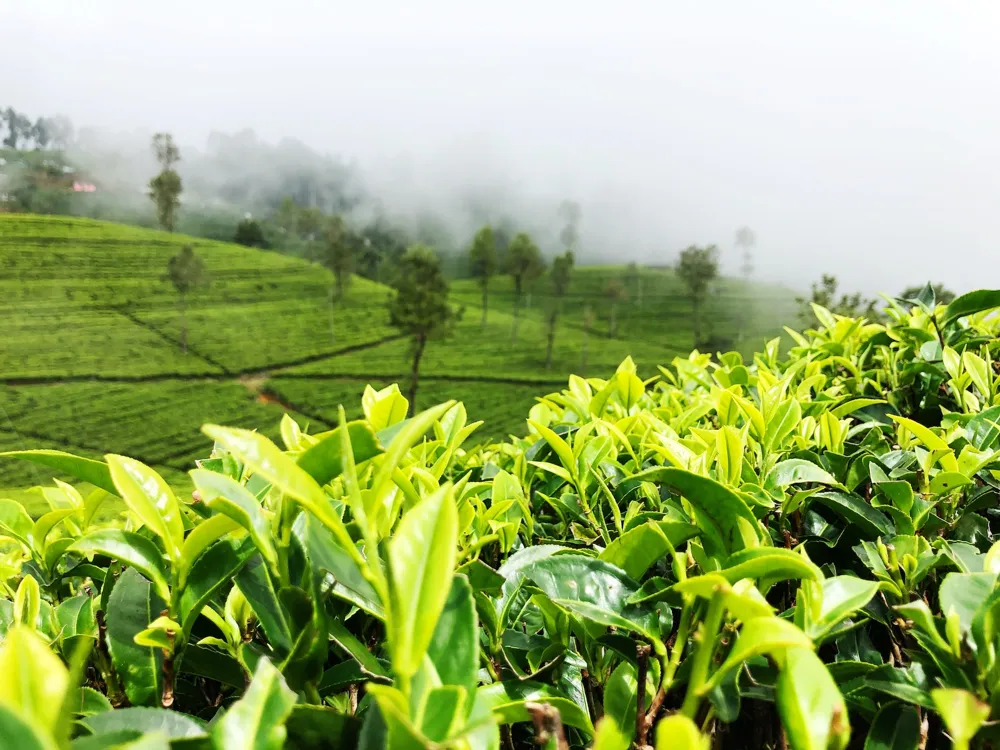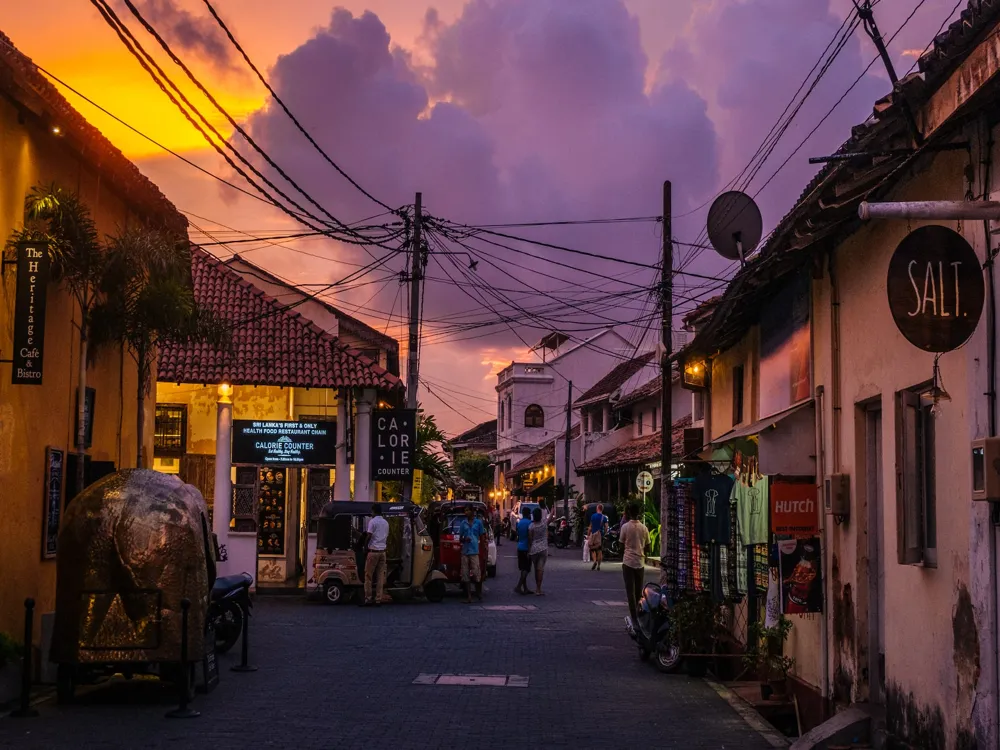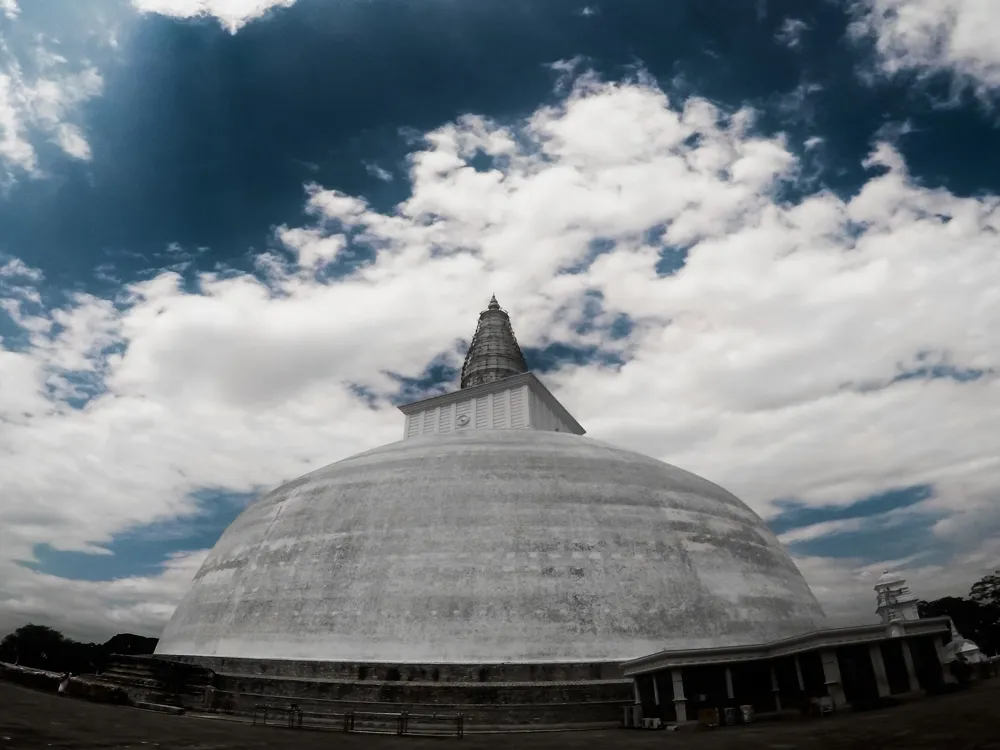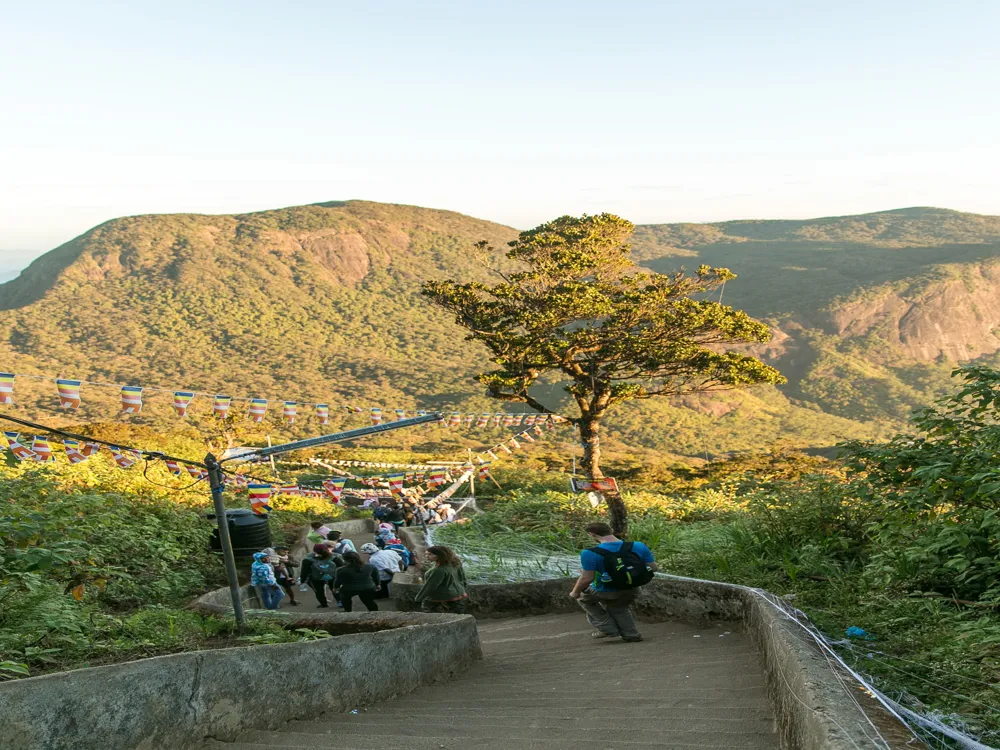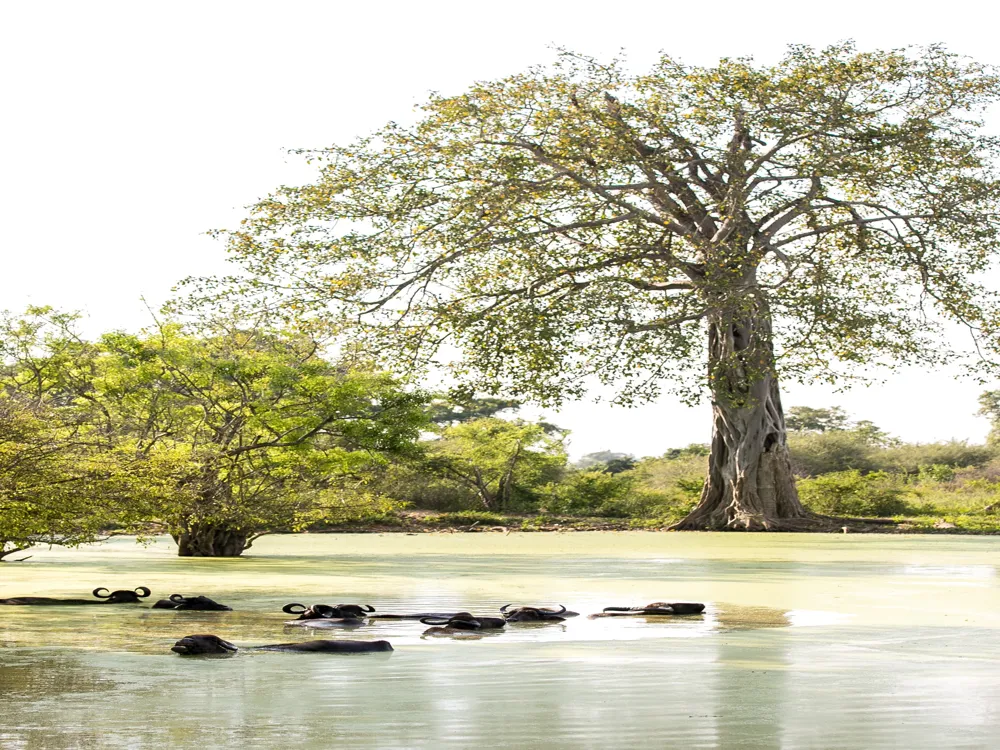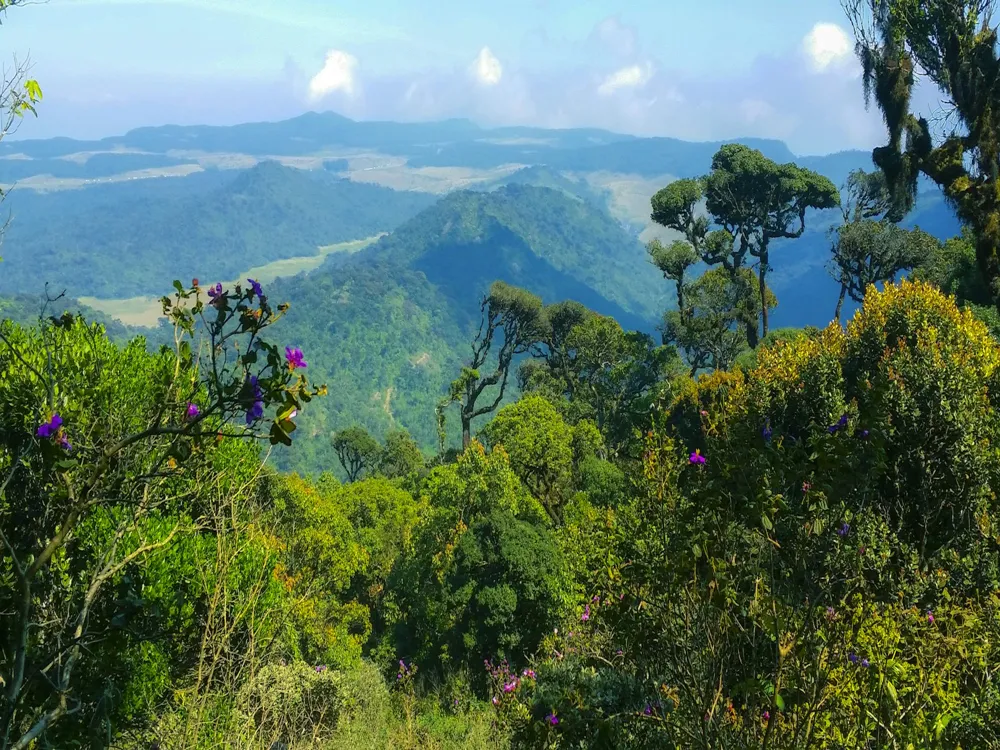The Hanthana Mountain Range, situated in the heart of Sri Lanka, near the historic city of Kandy, is a haven for nature lovers and adventure seekers. Spanning over a vast area, these mountains form a part of the central highlands and are renowned for their breathtaking scenery and rich biodiversity. This range is not just a single mountain, but a series of peaks that offer stunning vistas and a serene environment, making it a popular destination for both local and international tourists. The origin of the Hanthana Range dates back to ancient times, and it has been a significant landmark throughout Sri Lanka's history. The range consists of seven peaks, each offering a unique perspective of the island's lush landscapes. The highest peak, Uura Kanda, stands at an elevation of over 3800 feet, providing panoramic views of the surrounding area. The range's diverse topography includes rugged mountain terrain, verdant valleys, cascading waterfalls, and dense forests, home to a variety of flora and fauna. It's a hotspot for biodiversity with many endemic species. The climate in Hanthana is typically tropical, with a cooler and more temperate climate compared to the lowlands. This creates an ideal environment for trekking and hiking, with several trails cutting through the heart of the range. The mountains are also steeped in cultural significance, with various historical sites and ancient temples scattered across the landscape, offering a glimpse into Sri Lanka's rich cultural heritage. For those interested in environmental conservation, Hanthana is a prime example of sustainable tourism in Sri Lanka. The range is protected as an Environmental Protection Area, ensuring the preservation of its natural beauty and ecological balance. This commitment to conservation makes Hanthana not only a destination for adventure but also for education and awareness about environmental issues. The architecture of the Hanthana Mountain Range is a blend of natural formations and human interventions that harmonize with the environment. The mountains themselves are a result of geological processes that have shaped the landscape over millions of years, creating a series of peaks and valleys that are both rugged and majestic. The geological structure of Hanthana consists mainly of metamorphic rock formations, which have been sculpted by natural forces into the range's characteristic shape. The human element in Hanthana's architecture is subtle yet significant. The ancient trails and paths that wind through the mountains are a testament to the historical significance of this range. These trails were used by local villagers and even by ancient kings as pathways for trade and travel. The construction of these paths was done with great care to minimize environmental impact, using natural materials and following the contours of the land. In addition to the trails, there are several man-made structures within the Hanthana Range that reflect the traditional Sri Lankan architectural style. These include small temples, hermitages, and rest houses, which are often built using local materials like stone and wood, blending seamlessly into the natural surroundings. The design of these structures is typically modest and functional, intended to provide shelter and a place for meditation or rest, without detracting from the natural beauty of the landscape. The architecture of Hanthana is not just about physical structures, but also about the management and conservation of the area. Efforts to preserve the natural environment are evident in the careful planning of hiking trails, the controlled access to certain areas, and the education of visitors on the importance of maintaining the ecosystem. This approach to environmental stewardship is a crucial aspect of the architectural philosophy in Hanthana, ensuring that the beauty and integrity of the range are preserved for future generations. Before embarking on a hike in Hanthana, ensure you are adequately prepared. Wear comfortable hiking shoes, carry sufficient water, and dress appropriately for the weather, which can be unpredictable. It's also advisable to inform someone of your hiking plan and expected return time for safety purposes. The best time to visit Hanthana is during the dry season, from January to March, when the trails are less slippery, and the views are unobstructed by mist. However, the range has its unique charm in different seasons, so plan according to your preferences. Hanthana is an environmentally protected area. Visitors are expected to respect the natural environment by not littering, avoiding disturbing wildlife, and staying on marked trails to prevent erosion and damage to the ecosystem. For those unfamiliar with the area, it's recommended to take a guided tour. Local guides can provide valuable insights about the history, flora, and fauna of the range, enhancing your experience. Hanthana Mountain Range is easily accessible from Kandy, the major city nearby. Visitors can take a taxi or a tuk-tuk from Kandy to the starting points of the main hiking trails. For those who prefer public transport, buses run from Kandy to nearby areas, though they may not go directly to the trailheads. Renting a car or a bike is also an option for more flexibility. The journey offers scenic views and a glimpse into local life, making the travel part of the adventure. Read MoreOverview of Hanthana Mountain Range
Architecture of Hanthana Mountain Range
Tips When Visiting Hanthana Mountain Range
Preparation and Safety
Best Time to Visit
Respecting the Environment
Guided Tours
How To Reach Hanthana Mountain Range
Hanthana Mountain Range
Kandy
₹ 13,368 onwards
View kandy Packages
Weather :
Tags : Hills & Valleys
Timings : Hiking from 09:00 AM to 03:00 PM
Planning a Trip? Ask Your Question
Kandy Travel Packages
View All Packages For Kandy
Top Hotel Collections for Kandy

Private Pool

Luxury Hotels

5-Star Hotels

Pet Friendly
Top Hotels Near Kandy
Other Top Ranking Places In Kandy
View All Places To Visit In kandy
View kandy Packages
Weather :
Tags : Hills & Valleys
Timings : Hiking from 09:00 AM to 03:00 PM
Planning a Trip? Ask Your Question
Kandy Travel Packages
View All Packages For Kandy
Top Hotel Collections for Kandy

Private Pool

Luxury Hotels

5-Star Hotels

Pet Friendly








